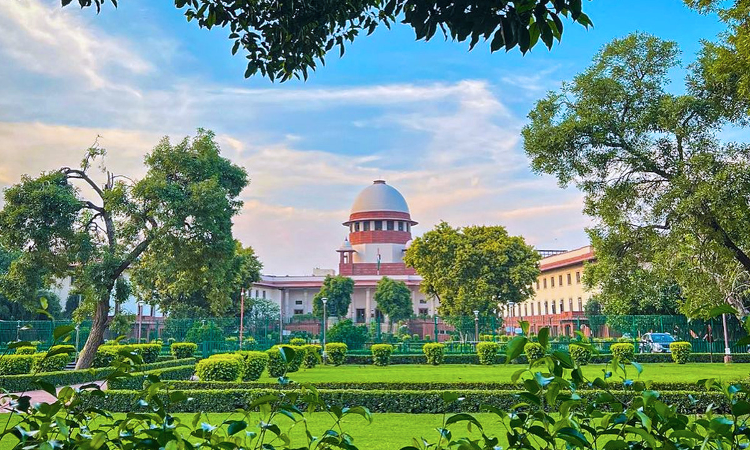Can We Direct Parliament To Enact Laws? Supreme Court Asks In Pleas For Uniform Marriage Laws
Padmakshi Sharma
6 Jan 2023 7:45 PM IST

Next Story
6 Jan 2023 7:45 PM IST
Supreme Court bench comprising Chief Justice DY Chandrachud, Justice PS Narasimha and Justice JB Pardiwala while hearing petitions concerning uniform laws for marriage framed the preliminary issue in the matter to be whether the court was permitted to direct the Parliament to make laws. At the outset, Senior Advocate Gopal Sankarnarayanan submitted–"I have a suggestion. This is a batch...
